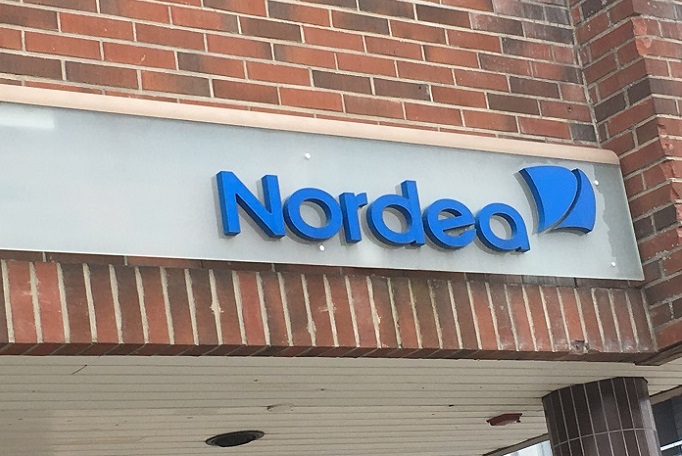High interest rate sends Finnish economy into recession: Nordea
Published : 25 Apr 2024, 05:10
High interest rates have sent the Finnish economy into a recession, making it one of the poorest performers in Europe in 2023, said Nordea Bank, the largest bank in the Nordic countries.
While the housing market is in the doldrums, the inflation problem is gone, and the labour market is steady.
As purchasing power improves and global demand picks up, Nordea expected that the economy would start to grow again next year.
The Nordic economies are showing some divergence. Norway and Denmark are on solid footing, while Sweden is stabilising and expected to recover further when interest rates begin to fall.
Economic growth has lost steam in Finland, which remains in a recession.
The Danish economy continues to expand, largely driven by the pharmaceutical sector. Employment is increasing, and unemployment remains low.
Nordea expected that the solid growth to continue in the coming years as households benefit from positive real wage growth. However, the construction sector and housing market face challenges.
Economic activity is expected to pick up in Norway and unemployment to stay at a low level.
Persistent inflation, a weak NOK, high wage growth and stronger household purchasing power will put Norges Bank’s planned rate cuts on hold until next year. The NOK is still affected by geopolitical challenges and the slower pace of rate cuts abroad.
After several turbulent years, the puzzle pieces are falling into place for the Swedish economy. Household consumption will start to increase, export companies’ production will balance with demand, and inflation will stabilise at low levels. While unemployment will go up, several rate cuts from the Riksbank will pave the way for a gradual recovery.
The world economy continues to show great resilience, and a soft landing seems increasingly likely.
But strong labour markets pose a significant challenge for monetary policy as the natural interest rate is likely higher than previously assumed. In addition, the new geopolitical reality continues to pose a major risk to the growth and inflation outlook, said Helge Pedersen, Nordea Group Chief Economist.


